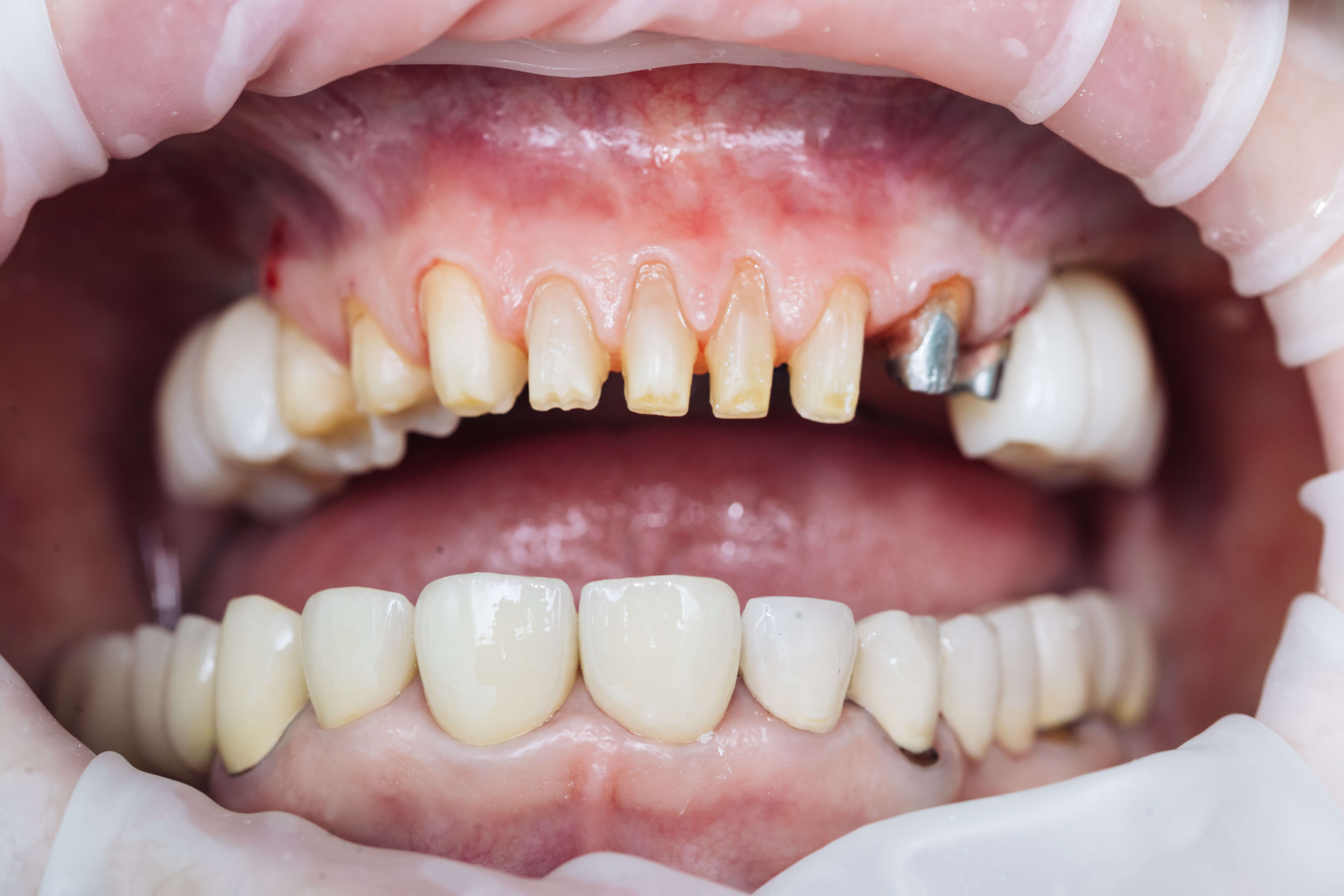Everything You Need To Know
When considering cosmetic dentistry, one of the most popular options is dental veneers. However, understanding the condition of your teeth before getting veneers is crucial for a successful outcome. This article will guide you through everything you need to know about preparing your teeth for veneers, including necessary dental evaluations, cleaning processes, and ensuring long-term results. By the end of this guide, you will be well-informed about how to achieve the best results with your veneers.
If you are contemplating veneers, it is essential to be aware of the current state of your teeth. This includes assessing any underlying issues such as decay, gum disease, or misalignment. Ignoring these problems can lead to complications after the veneers are placed, ultimately affecting their longevity and appearance.
In this comprehensive article, we will delve into various aspects of dental health that you should consider before getting veneers. From the importance of dental check-ups to the best practices for maintaining your oral hygiene, we will provide you with expert insights to ensure you make informed decisions about your dental aesthetics.
Table of Contents
Importance of Dental Evaluation
Before getting veneers, a thorough dental evaluation is essential. This evaluation helps to identify any existing dental issues that need to be addressed. Your dentist will examine your teeth, gums, and overall oral health to determine if you are a suitable candidate for veneers.
What to Expect During the Evaluation
During the dental evaluation, your dentist will:
- Conduct a visual examination of your teeth and gums.
- Take X-rays to assess the health of your underlying tooth structure.
- Discuss your medical history and any existing dental problems.
- Evaluate your jaw alignment and bite.
Common Teeth Issues to Address
Here are some common dental issues that may need to be resolved before getting veneers:
1. Tooth Decay
Tooth decay is one of the primary concerns that need to be addressed. If you have cavities, your dentist will need to treat them before placing veneers. This typically involves filling the cavities or performing root canal treatment if decay is severe.
2. Gum Disease
Gum disease can significantly impact the health of your teeth and gums. If you have gingivitis or periodontitis, your dentist will recommend treatment to restore your gum health before proceeding with veneers.
3. Misalignment
If your teeth are misaligned, veneers may not be the best option. In such cases, your dentist may suggest orthodontic treatment to align your teeth properly before applying veneers.
4. Stains and Discoloration
While veneers can improve the appearance of stained teeth, addressing underlying discoloration through professional whitening treatments can enhance the results.
The Process of Getting Veneers
Understanding the process of getting veneers can help ease any anxieties you may have. Here’s a step-by-step overview:
1. Initial Consultation
Your journey begins with a consultation where your dentist will discuss your goals and expectations regarding veneers.
2. Customization and Preparation
During this phase, your dentist will take impressions of your teeth to create custom veneers. They may also prepare your teeth by removing a thin layer of enamel to ensure a proper fit.
3. Temporary Veneers
While your custom veneers are being made, you may receive temporary veneers to protect your teeth and maintain aesthetics.
4. Final Placement
Once your custom veneers are ready, your dentist will bond them to your teeth using a special adhesive, ensuring they fit comfortably and look natural.
Oral Hygiene Practices
- Brush your teeth at least twice a day with fluoride toothpaste.
- Floss daily to prevent plaque buildup between your teeth.
- Use an antibacterial mouthwash to help reduce bacteria in your mouth.
- Visit your dentist regularly for check-ups and professional cleanings.
The Role of a Dentist
Your dentist plays a critical role in ensuring the success of your veneer treatment. They will guide you through the entire process, from initial evaluation to long-term care. A skilled dentist will help you achieve the aesthetic goals you desire while ensuring your oral health is prioritized.
Long-Term Care for Veneers
Once you have your veneers, proper care is essential to keep them looking great for years. Consider the following:
- Avoid biting down on hard objects that can chip your veneers.
- Limit consumption of food and drinks that can stain your veneers.
- Regularly schedule dental check-ups to monitor the condition of your veneers.
Cost of Veneers and Financing Options
The cost of veneers can vary based on several factors, including the number of veneers needed, the type of material used, and your location. On average, veneers can range from $800 to $2,500 per tooth. Many dental offices offer financing options to help make the treatment more accessible.
Conclusion
Understanding the condition of your teeth before getting veneers is crucial for achieving the results you desire. By addressing any underlying dental issues, maintaining good oral hygiene, and working closely with your dentist, you can ensure the longevity and aesthetic appeal of your veneers. If you found this article helpful, please leave a comment, share it with others, or explore more articles on our site.
Thank you for reading! We hope to see you again soon for more informative content on dental health and aesthetics.
Also Read
Article Recommendations



ncG1vNJzZmivp6x7tMHRr6CvmZynsrS71KuanqtemLyue9SspZ6vo2aDcMDEnquhZZKas7C%2BxGatnqaVmr%2B0esetpKU%3D
